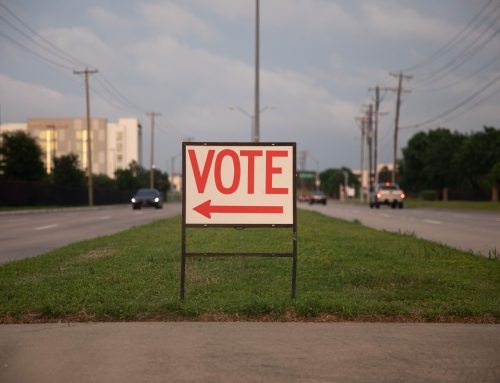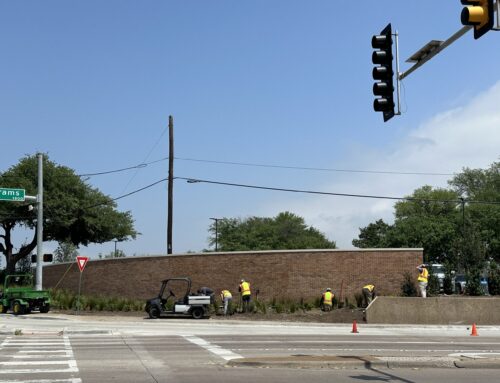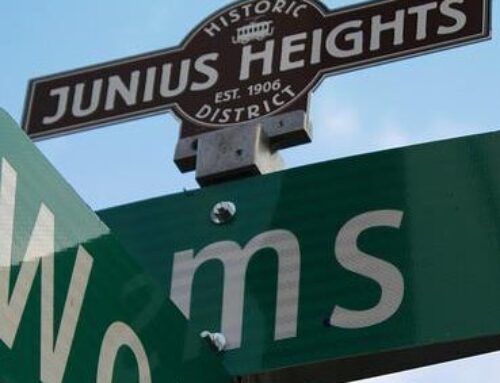The city has mass-mailed names and numbers, which could be the first sign it’s no longer phoning it in
Sitting next to me is a 12-page copy of the names and phone numbers of the hundreds of employees in the city’s code enforcement department. And as much as I would like to count this as some sort of journalistic coup, engineered with late-night phone calls and clandestine meetings in the City Hall parking garage, the truth is less glamorous — but a whole lot more intriguing.
The city mailed the list to me, just like it did to neighborhood groups, reporters and a bunch of other interested parties.
This is nothing short of remarkable, given not just the us-against-them mentality that exists in code compliance (one of the nastiest letters I’ve ever received was from an ex-employee who told me that residents had no idea how little we knew about what they do), but the troubled state of the department.
It’s under-funded, with more than 100 vacant spaces on the list I received; it’s overstretched, with duties ranging from junked cars to watering violations to stray animals; and in the past couple of years it has endured a corruption scandal and political shenanigans, like the mayor’s much touted and quickly forgotten program to inspect every apartment complex in the city. Its director, Kathy Davis, has been called names that make even a cranky ex-newspaperman like me take notice.
Yet, right now, if I want, I can call Barbara Cabler, who oversees my neighborhood, and tell her that the apartment complex across the street looks like it’s violating a bunch of city codes. So what’s going on here?
Some of it, obviously, is for show. A friend of mine, another cranky ex-newspaperman, said we should start a pool to see how many of the names and numbers on the list actually exist. And, given that appearance means so much more than substance these days, whether in government or business, calling Cabler would probably get me nothing more than a voicemail promising to return my call.
Yet there might be something more going on here, difficult as that is to believe and given how the city staff and council often seem to be in a different universe than the people who pay their salaries. I don’t want to be accused of being an optimist, but releasing the code compliance phone list is just the sort of good faith gesture that has been lacking in the past. It’s an acknowledgement that we’re all in this together, which has rarely been the approach most city departments use in dealing with the public.
Yes, there is much of the usual foolishness still going on, from throwing money at real estate developers to curry political favor to playing games with the police department to the upcoming bond election, in which the council and staff will ask us for money to build facilities that they won’t bother to fund afterwards. But I can’t shake the feeling that, with elections coming up in the fall and next spring, it might not be business as usual. The staff and council might actually be willing to pay attention to us, if their mutterings and grumblings about improving the quality of life in the next budget mean anything.
One key: What happens with something called Forward Dallas, the city’s first-ever comprehensive plan for growth and development. It has apparently run into substantial neighborhood opposition for the usual sorts of reasons, including a heavy-handed city staff. If the council sides with voters instead of the staff, then they realize we’re serious about we want from the city.
And if they do pay attention to us, it’s because we made them. We told them we were tired of their approach to city government, and some of us — and I know I never thought I’d see this — even told them we’d be willing to pay more taxes to do just that. We understand the value of libraries and streets without potholes and improved police response times, even if no one on the council thinks we do.
Which means someone might just return my phone call after all.





